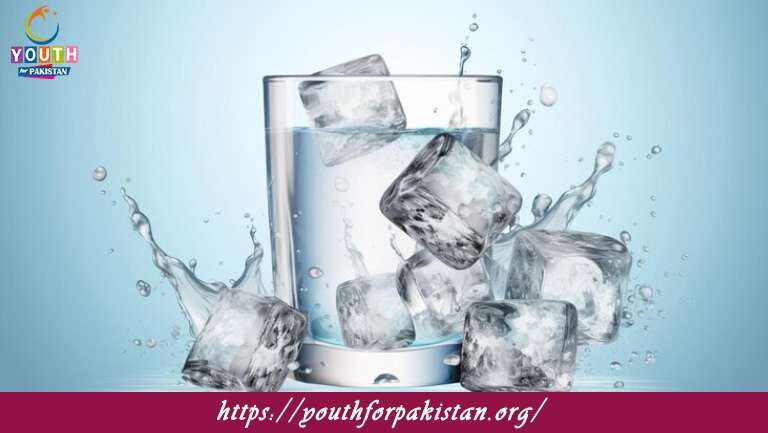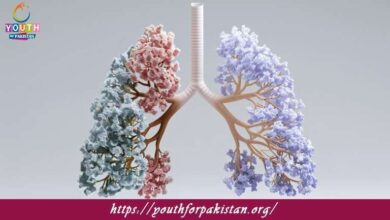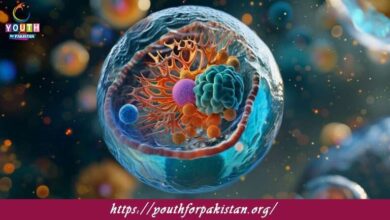11th Class Chemistry Chapter 4 Quiz with Answers

“11th Class Chemistry Chapter 4 Quiz: Liquids and Solids” explores the basic properties and behaviors of liquids and solids, which are key topics in understanding matter in its different states. This chapter is very important for MDCAT students because it provides foundational knowledge necessary to solve a wide range of questions related to liquids and solids in the MDCAT exam. Our MDCAT Quiz for this chapter will help you evaluate your understanding and prepare for related questions.
The chapter starts with a description of some of the characteristics of liquids: fluidity, viscosity, and surface tension. Students learn that intermolecular forces act between particles and control the behavior of the liquid; this leads to a phenomenon such as water forming droplets into spherical shapes. It describes capillary action, where a liquid rises or falls in a narrow tube as a result of the combination of adhesive and cohesive forces.
Students learn about the process of evaporation and how liquids change to gases; the effect of temperature, surface area, and intermolecular forces on the rate of evaporation is also presented. The following part of the chapter deals with solids and characteristic properties such as rigidity, fixed shape, and fixed volume. It introduces the concept of crystalline solids, which have an orderly arrangement of particles in a regularly repeated pattern.
MDCAT Quiz: Test Your Knowledge of Liquids and Solids
Our MDCAT Quiz for Chapter 4 challenges students with questions on properties of liquids, surface tension, capillary action, types of solids, and intermolecular forces. This quiz will help you in getting a solid understanding of liquid and solid behavior and in the MDCAT exam preparation about this topic.
- Test Name: 11th Class Chemistry Chapter 4 Quiz
- Type: Quiz Test
- Total Questions: 30
- Total Marks: 30
- Time: 30 minutes
Note: Answer of the questions will change randomly each time you start the test, once you are finished, click the View Results button.
Free Flashcards for Liquids and Solids
Boost your revision with free flashcards for Chapter 4. These flashcards cover important topics such as viscosity, surface tension, capillary action, crystalline and amorphous solids, and intermolecular forces. Flashcards are an effective tool for quick revision before the MDCAT, ensuring that you are well-prepared for questions related to liquids and solids.

What type of solid has an ordered and repeating arrangement of particles in a three-dimensional pattern?
Crystalline

What is the process by which a solid changes directly into a gas without passing through the liquid state?
Sublimation

What is the process by which a liquid changes directly into a gas without passing through the solid state?
Evaporation

What is the process by which a gas changes directly into a solid without passing through the liquid state?
Deposition

What is the temperature at which a solid changes directly into a gas without passing through the liquid state?
Sublimation

What is the process by which a liquid changes directly into a gas below its boiling point?
Evaporation
Experience the real exam environment with our expertly designed collection of over 25,000 MCQs MDCAT Mock Tests.





